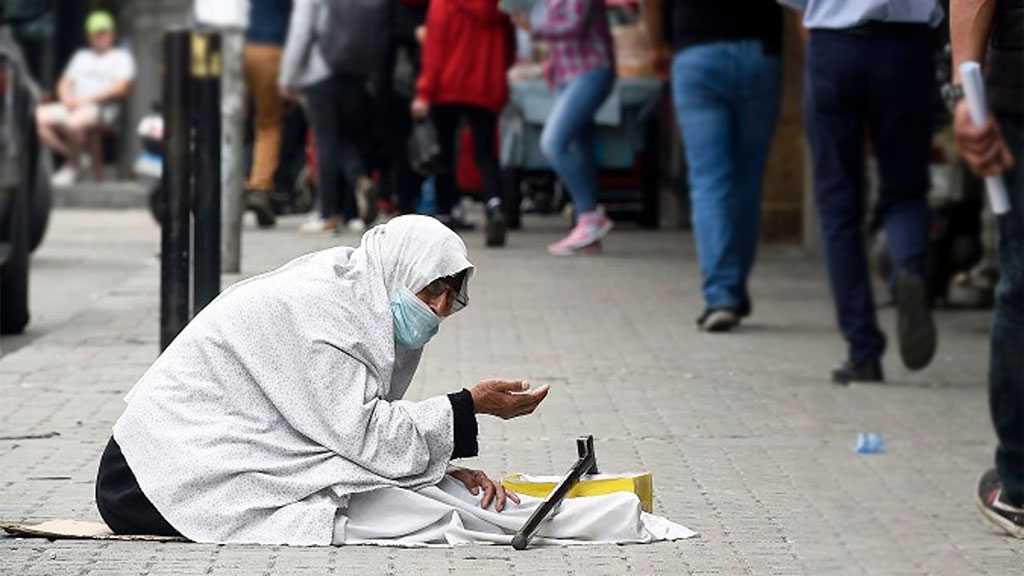
Poverty in Lebanon has drastically increased over the past year, now affecting about 74% of the total population, warns a new policy brief on “Multidimensional Poverty in Lebanon: Painful Reality and Uncertain Prospects” issued today by the United Nations Economic and Social Commission for Western Asia [ESCWA].
Taking into account dimensions other than income, such as access to health, education and public utilities, increases the rate to 82% of the population living in multidimensional poverty.
This new policy brief comes one year after a previous ESCWA publication on poverty in Lebanon, which had found that between 2019 and 2020, the headcount poverty rate had already jumped from 28% to 55%. According to today’s updates, the multidimensional poverty rate in Lebanon has nearly doubled from 42% in 2019 to 82% in 2021.
Against this backdrop, ESCWA Executive Secretary Rola Dashti reiterated her call for the establishment of a social solidarity fund to alleviate the country’s humanitarian crisis. She recalled that, in 2020, ESCWA put forward a proposal: the 10% richest decile in Lebanon, who held nearly $91 billion of wealth at the time, could bridge the funding gap for poverty eradication by making annual contributions of 1% of their net wealth.
According to the study, interlinked shocks exposed the Lebanese pound exchange rate, which has been fixed since the beginning of the century, to tremendous pressures, causing currency depreciation. Inflation soared to 281% between June 2019 and June 2021. These combined shocks have led to a significant decrease in the living standards of both Lebanese and non-Lebanese, and to rampant deprivation.
Moreover, extreme multidimensional poverty, which refers to deprivation in two or more dimensions of poverty, affects 34% of the population today, exceeding half in some areas of the country.
Given that the unprecedented socioeconomic crisis in Lebanon afflicts all segments of society, population groups with highest and lowest levels of educational attainment now register similar poverty rates. The study also highlights that the share of households deprived of healthcare increased to 33%, and the share of those unable to obtain medicines has also increased to more than half.
“Mitigating the impact of the crisis requires solidarity and cooperation between all segments of the Lebanese society,” Dashti stressed, while urging the development of effective social protection schemes that are more responsive to the needs of the poor, especially those living in extreme multidimensional poverty, and the expansion of their scope to include the unemployed.
It is worth to note that, with the progress of development research and the availability of more detailed surveys, the concept of poverty expanded to take into account living conditions and various aspects of deprivation not limited to income. This new concept has become known as “multidimensional poverty”, measured by six key dimensions, namely education, health, public utilities, housing, assets and property, and employment and income.













No comments:
Post a Comment